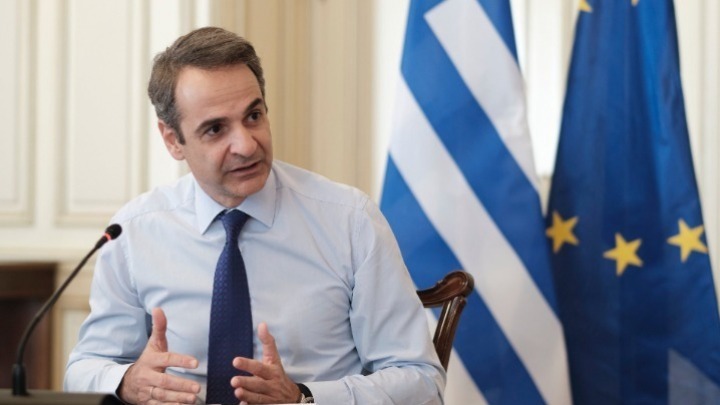Preventing an increase in soured bank loans is a top priority for Greece as it grapples with the economic fallout from the new coronavirus pandemic, Prime Minister Kyriakos Mitsotakis told parliament on Thursday.
Greece exited its third international bailout in 2018. A nationwide lockdown imposed to contain the spread of the virus has turned expectations for strong growth upside down as the government now projects a deep 5-10% recession this year.
“Dealing successfully with the health crisis will become the foundation for an economic restart,” Mitsotakis said.
Restrictions will be gradually eased in the coming months, starting on May 4. Greece aims to cut red tape and speed up reforms to attract more investment and restart its economy as fast as possible.
The conservative premier said the state would continue to support the unemployed and workers. He also said the protection of primary residences from foreclosures would be extended by three months to end-July 2020.
A new state-funded transition plan would come into force in July to further support debtors.
“During the coronavirus ordeal no Greek will see his home at risk,” Mitsotakis said. “Our aim is to prevent a new generation of bad loans”.
Bankers in Greece say the coronavirus pandemic has caused market dislocation, disrupting transactional activity across Europe, including sour loan disposals at home.
Athens has put in place the Hellenic Asset Protection Scheme (HAPS), dubbed Hercules, to help banks offload up to 30 billion euros of bad loans by turning bundles of impaired credit into asset-backed securities that can be sold to investors.
The chairman of Eurobank’s loan servicer FPS told a crowdcast this week that Greece’s lockdown could cause a 10-15% increase in impaired loans, or a rise of about 7 to 10 billion euros to the current stock of 70 billion euros.
Sourced By: Reuters
